What Are The Causes of Maritime Piracy in Somalia Waters?
Somalis over the years have lived under the most trying circumstances imaginable, facing acute poverty, lawlessness and anarchy. Of course, a lucky few had defected from their homeland and escaped the rigours of the civil war.
However, no one has paid any heed or notice to what has transpired over the years in Somalia except for a few journalists and international aid workers. Hence, what exactly is the root cause of radicalism in Somalia? There has always been a correlation between poverty, the vicious cycle of violence and anarchy. The exact reasons make Somalia water one of the most badly affected maritime piracy areas.
Finding the Root Cause
The inhabitants of Somalia are mostly Sunni Muslims. Those who did not defect to other lands had to endure destitution, prolonged drought, desertification and soil erosion. Many Somalis are nomads who eke out their meagre livelihood from their flocks. Still, natural disasters have wiped out massive portions of their livestock, leaving them stranded with no alternative income to support their families. A tiny percentage of the population who are farmers had to witness the decrease in their yield of crops due to soil erosion, lack of fertilizers and instability.
The income gap between the minority elite and the poor has widened tremendously. Somalia witnesses political instability, though it has the freest liberated open market economy in the world, with no central bank to control the money supply, set interest rates or control inflation. Economic policies are balanced by demand and supply. Those with ideas and resources galore are thriving entrepreneurs minting tax-free profits, while the majority can hardly make ends meet. The remittance from the Somali Diaspore Community and aid from international humanitarian organizations keep the economy going.
Coast of Somalia and the Business of Piracy
Somalia has the longest coast in Africa, but Somalis have never exploited the potential of their seas for various reasons. Illegal foreign fishing trawlers outmuscled those who had ventured out to sea. They depleted the fisheries in these territorial waters and polluted them by dumping nuclear and toxic wastes. Adversity prompted the Somalis to test new ways of making money to support their livelihoods. Hence, former fishermen joined hands with the militia and unemployed youth to hijack vessels and demand ransom. This was the start of piracy in Somalia.
They terrorized the waters by sailing in skiffs and dinghies, hijacking cargo ships, kidnapping crew members and keeping them hostage for ransoms. The armed men hijacked everything that came their way, including bulk carriers, cargo vessels, etc.
The pirates of Somalia transformed this into a sophisticated business venture that makes use of modern technology and global positioning devices to track their next prey. Since the 1990s, many ships passing through the area began to arm themselves and hired private security. Also, several shipping companies even signed contracts with criminal gangs and pirates, cementing the roots of Somali piracy in the Indian ocean.
Measures to Tackle Somali Pirates
Since the Somali fishermen forcefully entered commercial ships, East African seas have become quite dangerous. In 2008, these fishermen captured over 50 massive vessels in the Gulf of Aden, an essential waterway between Europe and Asia crucial for the global economy. According to the International Maritime Bureau in London, around ten piracy-related incidents were reported in the Gulf of Aden and 28 in the Gulf of Guinea in 2013.
Pirate attacks off the Horn of Africa have declined since Operation Atalanta in 2008. Also, better security protocols and international warships from countries like India and Russia helped to tackle this problem. International Naval Forces of NATO, the European Union Naval Force and US Task Forces were sent many times when the issues became severe. However, the problem has shifted to the Gulf of Guinea since the number of foreign vessels has also increased.
There were considerable efforts to defeat the al-Shabaab terrorists in Somalia through U.S. airstrikes and an African Union military force. It helped to bring order to the war-torn country, according to experts. The African Union Mission in Somalia allowed the troops from Kenya to capture Kismayo port in 2012 and capture some al-Shabaab terrorists. It was a vital victory which reduced the piracy incidents, pirate activities, number of attacks and armed robbery on the high seas.
The piracy in Somalia is a significant threat to the busiest shipping lines worldwide. Still, even though superpowers have joined hands to end this piracy, it is a daunting task since the territorial waters are too massive to police. It is an indicator of the limitation of conventional war machines against the threats of this century.
Irresponsible Government, Unattended People, and Eradicating Piracy
Somalia has not had an effective central government for almost two decades now. The weak government is battling insurgency to secure the capital and is preoccupied with internal wars and foreign lands waging a proxy war. The pirates in Somalia handle the most influential institutions in the country. They reinvest the ransom money procured from hijacking and piracy to plan out their next move. They effectively outmuscle the regional government and offer a glimmer of hope to the unemployed youth of Somalia by paying them handsomely for aiding them in piracy. Piracy in Somalia is expected to grow drastically in the years to come.
The international community has a huge moral responsibility to find a lasting solution to piracy in Somalia. Steps should be taken to restore the authority and credibility of the central government and think of ways to create alternative employment for youngsters through non-government organizations, UN agencies, and regional and local administration.
The pirates of Somalia can be retrained, registered and given employment as coast guards to protect Somalia’s territorial waters from illegal foreign fishing trawlers. Others can be provided with fishing equipment and given preferential market access where they can sell their catch. This will help in boosting the income and prosperity of the local economy.
The root of the problem is Somalia’s dependence on foreign navies and international support for stability and financial aid. Restoring a stable and mindful government is the need of the hour.
If the root cause of this piracy is not tackled very soon, Somalia will become a country of pirates and a radical state. Radicalism cannot be rooted out by military force, but the hearts and minds of the youngsters should be won by educating them, providing them with a source of income and making them a part of the mainstream society.
Piracy off the Somali Coast No longer a threat to Shipping
In August 2022, an industry group of six international shipping organizations, including The International Chamber of Shipping, announced that piracy in the waters off the coast of Somalia is no longer a threat to global shipping. The announcement comes as happy news to all stakeholders, operators and organisations that fought for its eradication for over 15 years.
They also mentioned that from the start of 2023, the Indian Ocean would not be considered a high-risk zone since no commercial vessels have been attacked off Somalian waters by pirates since 2018.
Frequently Asked Questions
1. Are Somalian waters safe for navigation now?
Piracy was a major issue in Somalia. However, recently the industry group declared that Somalia is not a high-risk zone anymore as pirates have attacked not a single vessel since 2018.
2. What led to the rise of Piracy in Somalia?
Since the 1990s, piracy has risen in Somalia due to weak government, political instability, lack of education and public healthcare measures which forced common people, including unemployed youth and fishermen, to become a part of criminal gangs and pirates to earn some money supporting their livelihoods.
3. Do Somali pirates still have hostages?
International efforts bore fruit, and Somali pirates have freed the last three of the 3639 hostages held captive over the last five years.
4. Can cruise ships defend themselves against pirates?
Cruises have procedures to protect themselves from pirate attacks. However, there have been only six reports of piracy attacks on cruise ships in the last ten years. There has never been a successful pirate attack on a cruise ship.
5. Why can’t ships defend themselves from pirates efficiently?
As the name suggests, commercial vessels and cargo carriers carry goods for consumption. They do not have weapons to protect themselves from pirate ships laden with modern weaponry. Anti-piracy tactics focus on preventing the pirates from boarding the ship in the first place.
You might also like to read
- 28 resources for Somalia Pirates and Maritime Piracy Information
- 10 Most Famous Pirates of the Marine World
- 28 Online Resources for Maritime Piracy and Somali Pirates
- 18 Anti-Piracy Weapons for Ships to Fight Pirates
- What is “The Citadel” Anti-Piracy Method
- The Menace of Maritime Piracy and Somali Pirates – Is There a Solution?
- Sea Marshals and the Growing Need for Maritime Security
Disclaimer: The author’s views expressed in this article do not necessarily reflect the views of Marine Insight. Data and charts, if used, in the article have been sourced from available information and have not been authenticated by any statutory authority. The author and Marine Insight do not claim it to be accurate nor accept any responsibility for the same. The views constitute only the opinions and do not constitute any guidelines or recommendations on any course of action to be followed by the reader.
The article or images cannot be reproduced, copied, shared, or used in any form without the permission of the author and Marine Insight.

About Author
Raunek Kantharia is a marine engineer turned maritime writer and entrepreneur. After a brief stint at the sea, he founded Marine Insight in 2010. Apart from managing Marine Insight, he also writes for a number of maritime magazines and websites.
Do you have info to share with us ? Suggest a correction
Subscribe To Our Newsletters
By subscribing, you agree to our Privacy Policy and may receive occasional deal communications; you can unsubscribe anytime.
Web Stories



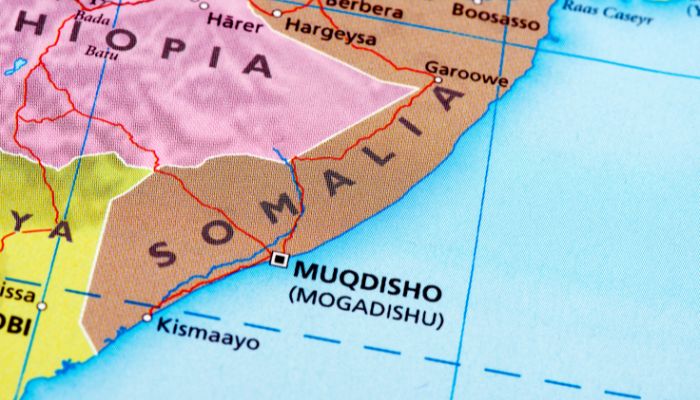
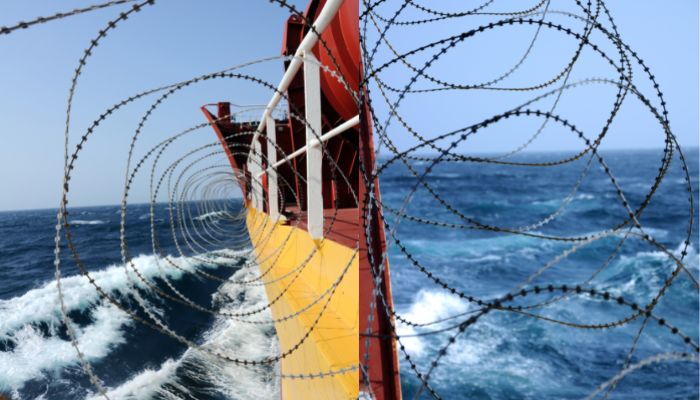
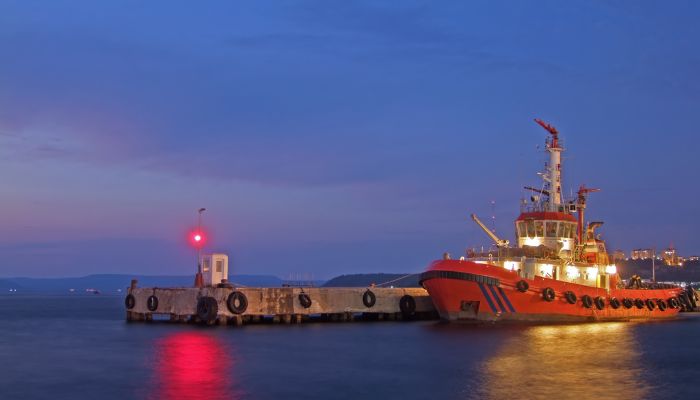


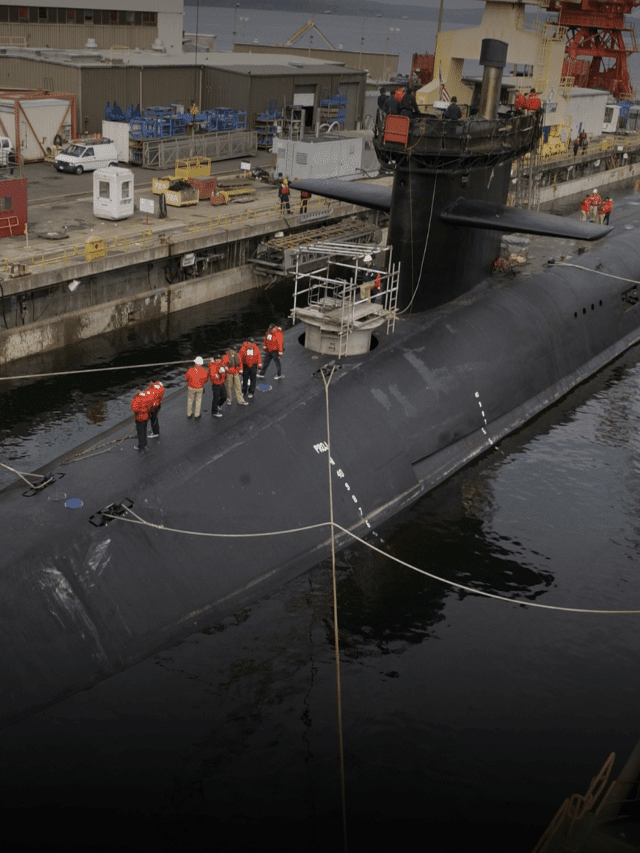
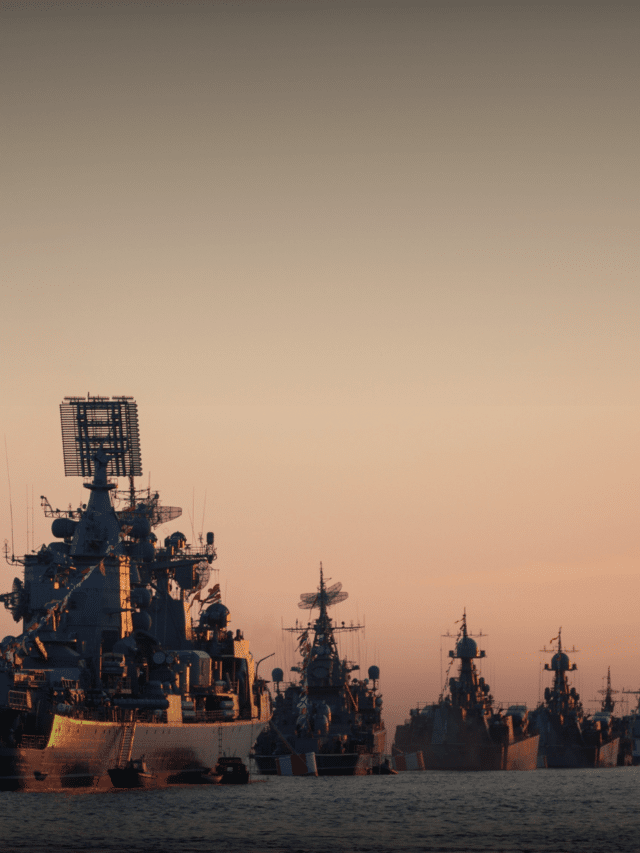
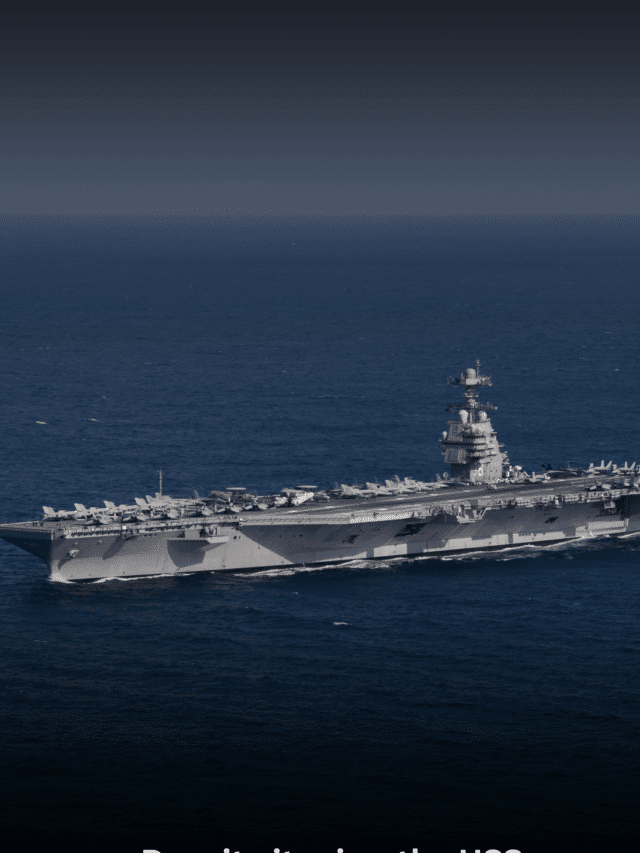
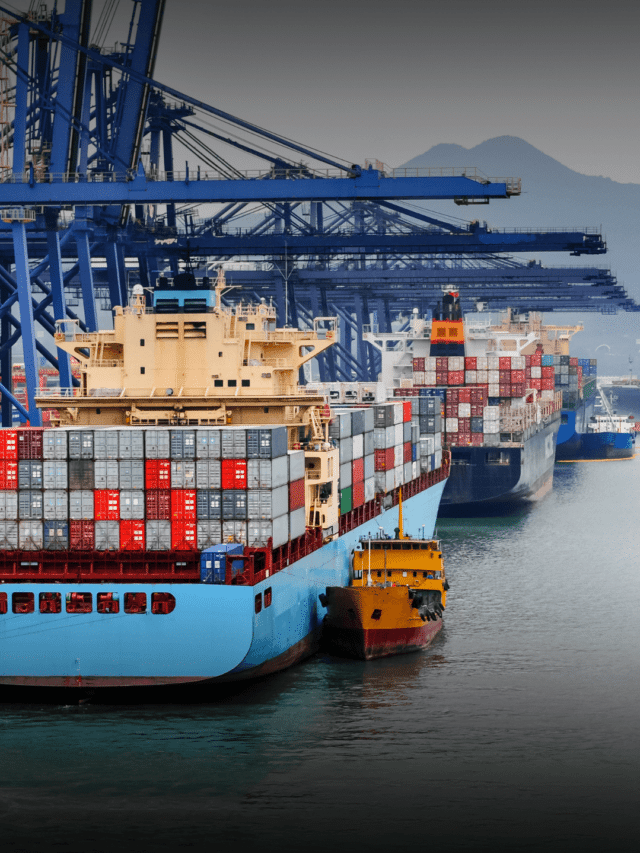
Turning pirates into Coast Guard? You are nieve if you think you can put a uniform on a criminal and think they will act as a good law enforcement officer. The Somali people may have had a hard time due to their own ignorance and overpopulation but that is not the fault of the rest of the world and it does not give them the right to kidnap and kill innocent people in international waters. If they can not live in harmony with the rest of the world then I say to hell with them. Sink all there boats. Bomb there cities. Destroy all life on their coast. The world has been trying to give them aid for years and it does not work. They take our aid and spit in our face.
Why doesn’t every ship traveling in these waters have whatever weapons on board it needs to protect itself or at least travel in convoys escorted by warships to protect them rather than let themselves be taken and paying millions in ransom that just exacerbates the situation?
Illigal fishing on Somali coast and dumping of toxic (nuclear and chemical) wastes must stop. resurrection of viable somali state is the conner step of elliminating piracy along the somali coasts.world must bring justice to the companies and government officials who used somali coasts as their dumping sites
Yes, they have faced hard times and it forced them to go for piracy activities. But being used to piracy in which they earn much money without much of hardwork, how can u expect them to go for fishing or any other legal activity which earns far less money than they get now? And giving them a coast guard job is the most foolish thing!!!!
FAKE NEWS
In Somalia, commercial ships from developed countries illegally over fishing and dump highly toxic waste at the coast of Somalia. This had an impact on the ecosystem, health, live hood and the future prospect of sustainable development of the Somalia people. These illegal actives from developed countries had created a conflict between voyage and local fishers. It is also one of the root cause of piracy in Somalia.
Honestly, the fact that any of you think that the pirates are wrong makes you crazy. They should be turned in to a full blown Somali Navy to protect their waters against foreign polluters and to protect Somali fishermen and tradesmen. Somalia should tax foreign countries for entering their waters and use the money to employ the a Somali Navy.
The main reason sought by Somali Pirates (who are basically the fishermen) is the occupancy of foreign ship in their waters.
Flag states of vessels which did overfishing in Somali waters and illegally dumped chemical toxic wastes should also be held responsible. a poor state does not mean the rich states should go and exploit the resources of other countries and devastate their economy. so, Somali piracy is the price of all these illegal activities…